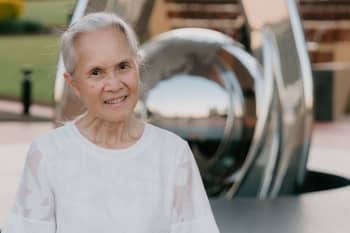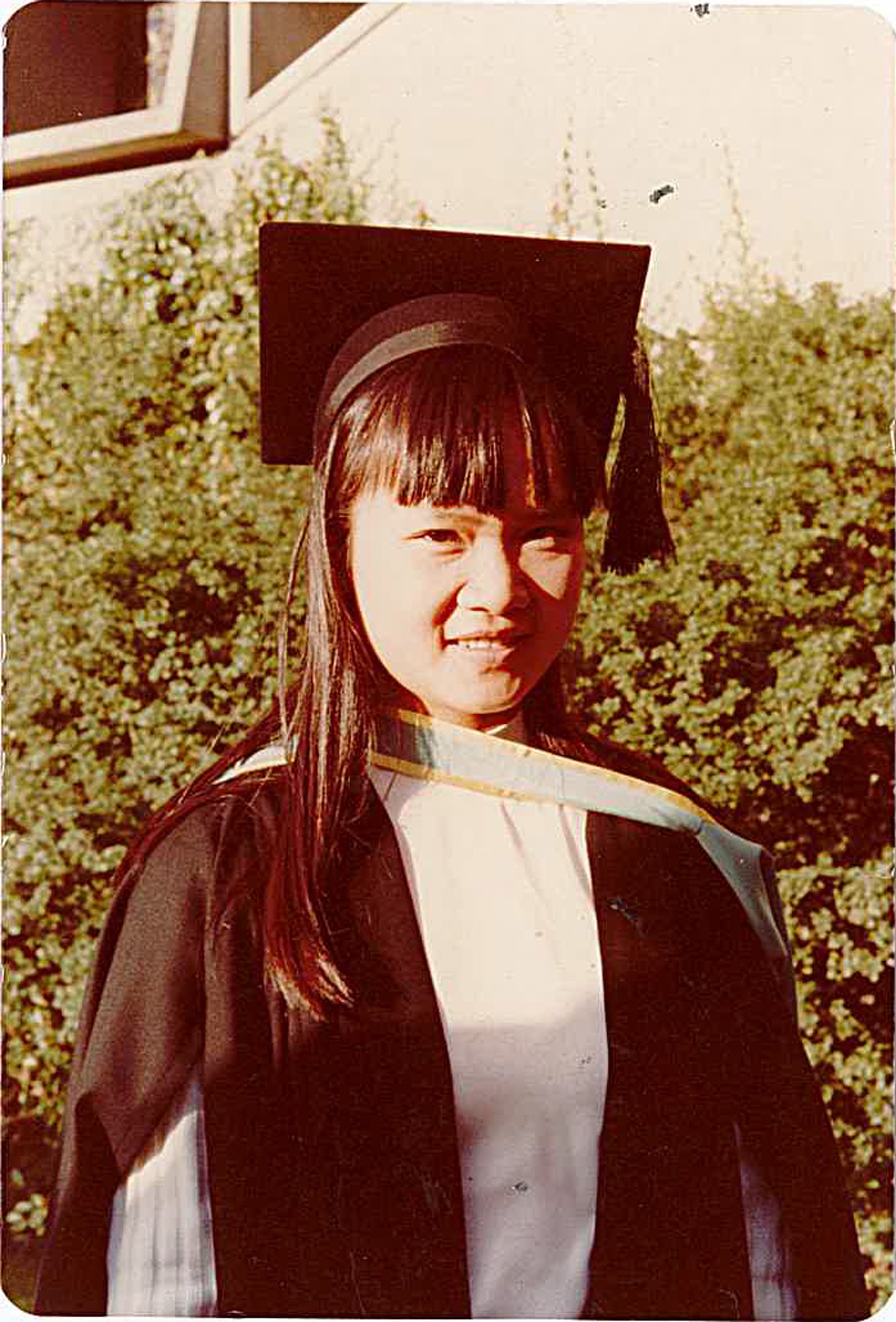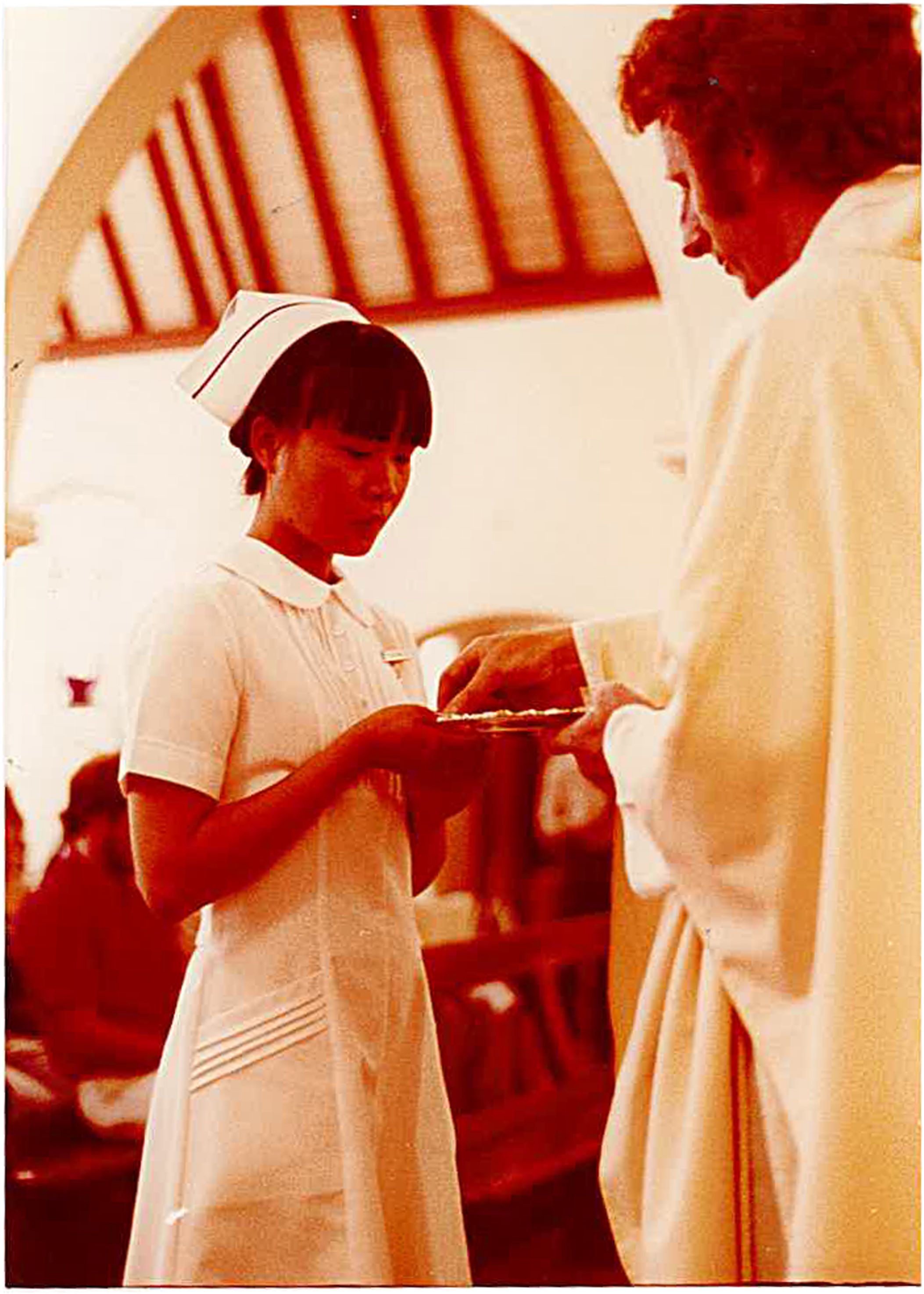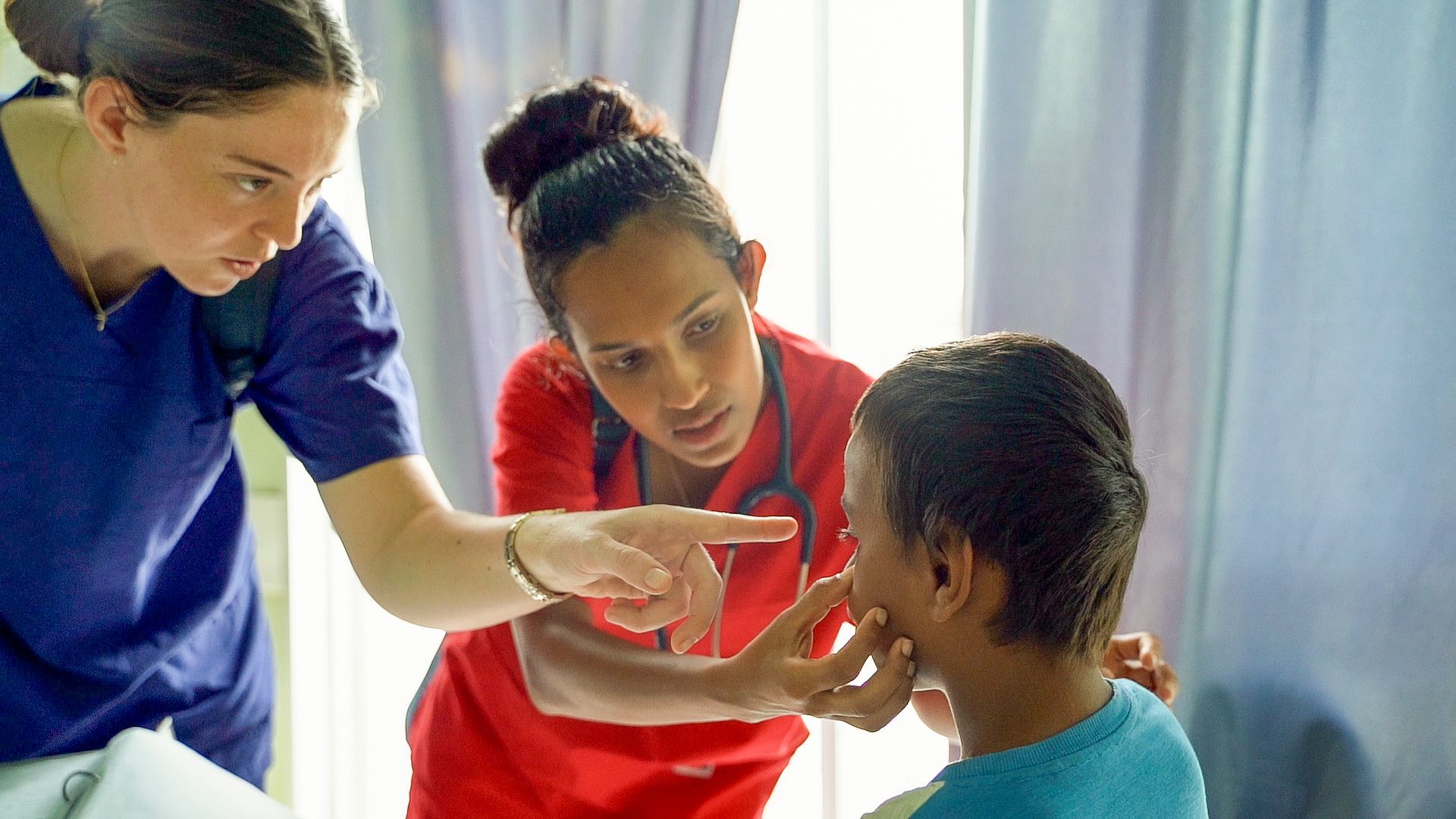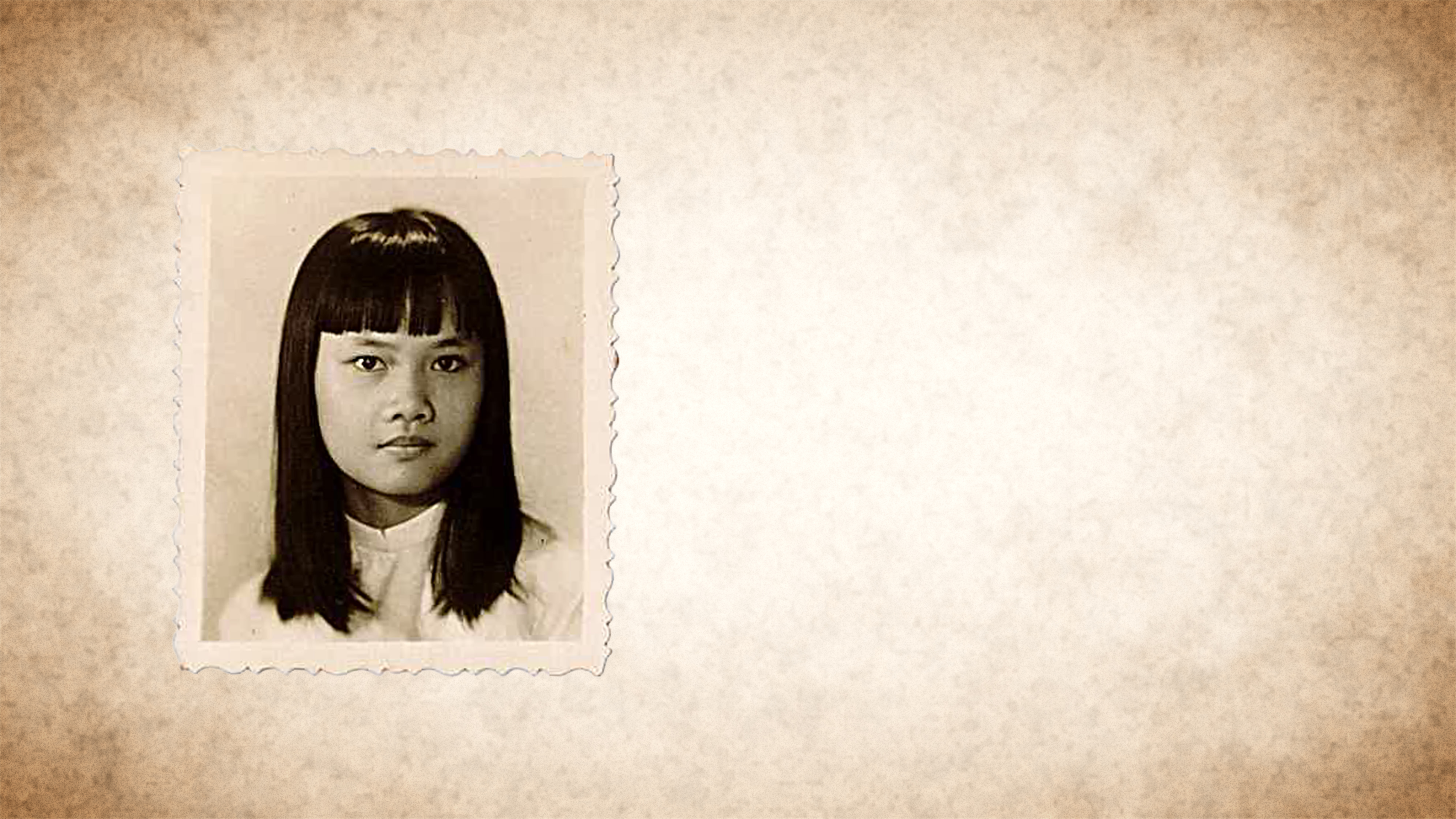

Bond University marked the 20th anniversary of its Medical Program this year by welcoming back five members of the first graduating class. Among them was Dr Ha Tran who at the age of 55 overcame war and adversity to fulfil a lifelong goal of becoming a doctor.
Ha Tran sat on the bed in a Melbourne hostel for hours, unsure of what to do next. The room was unfamiliar and dim as night fell. Earlier that day, she and three other South Vietnamese students had flown into Tullamarine Airport to begin their studies as Colombo Plan scholars.
It was 1974, a year before the Fall of Saigon, and their country was in turmoil. Ha knew how fortunate she was to have this opportunity. Even though the scholarship rules prevented her from studying medicine – her dream since high school – she had enrolled in an engineering degree at Monash University.
Alone and away from home for the first time, she felt a mix of loneliness and excitement.
“Life for a young girl like me in Vietnam was very protected,” Ha says. “We had been through war and adapted to unexpected events – life went on. I left with the expectation that I would return in four years.”
On arrival in Australia an officer from the Department of Education drove the students to the hostel, showed them their rooms and left.
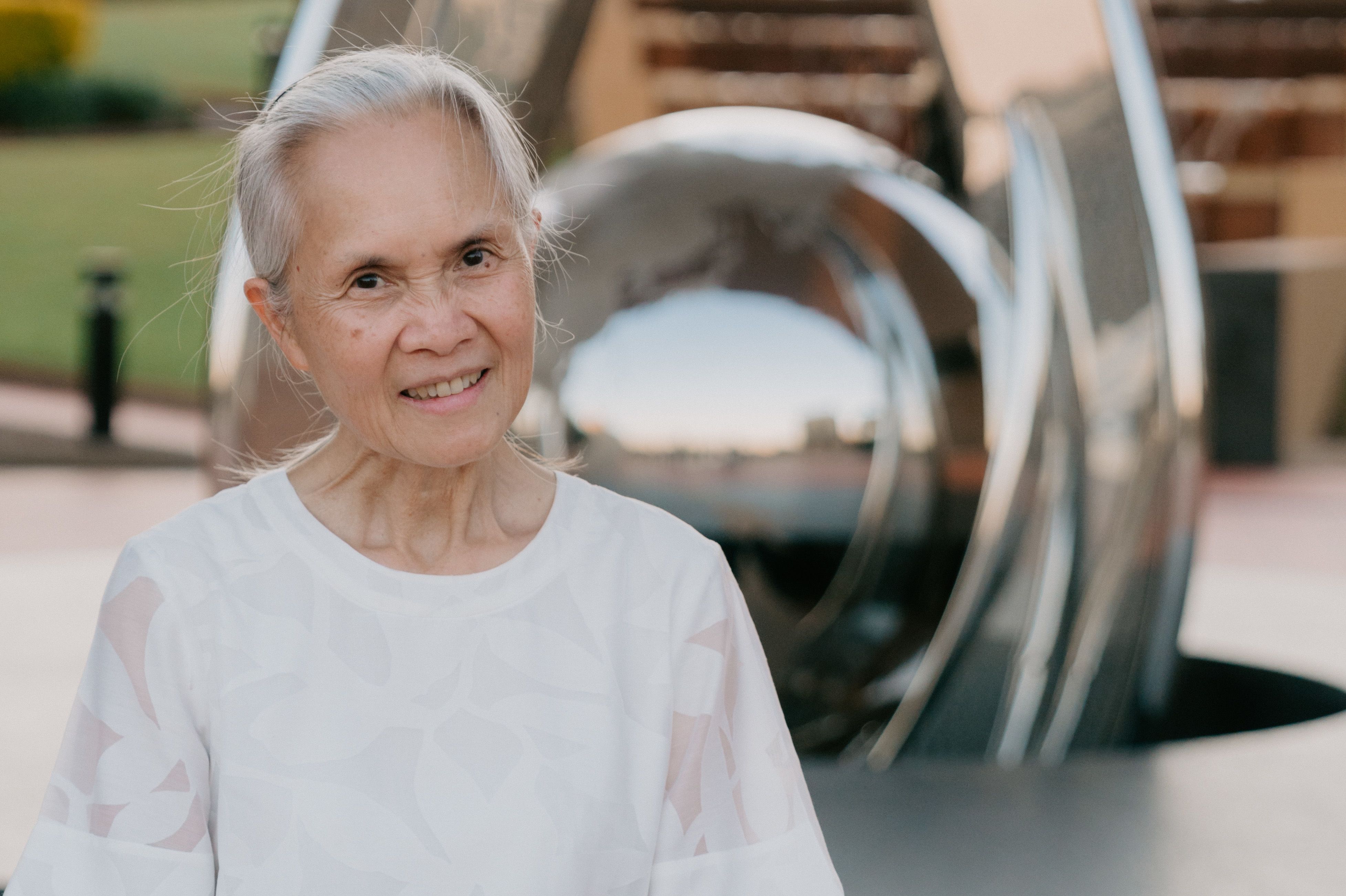
“I had never been anywhere except home before,” Ha says. “I just sat on the bed, not knowing what to do until it got dark. Eventually I peeked out and saw the other students coming out too. We went downstairs together to find something to eat. It was an interesting experience: a combination of naivete and a completely unknown world.”
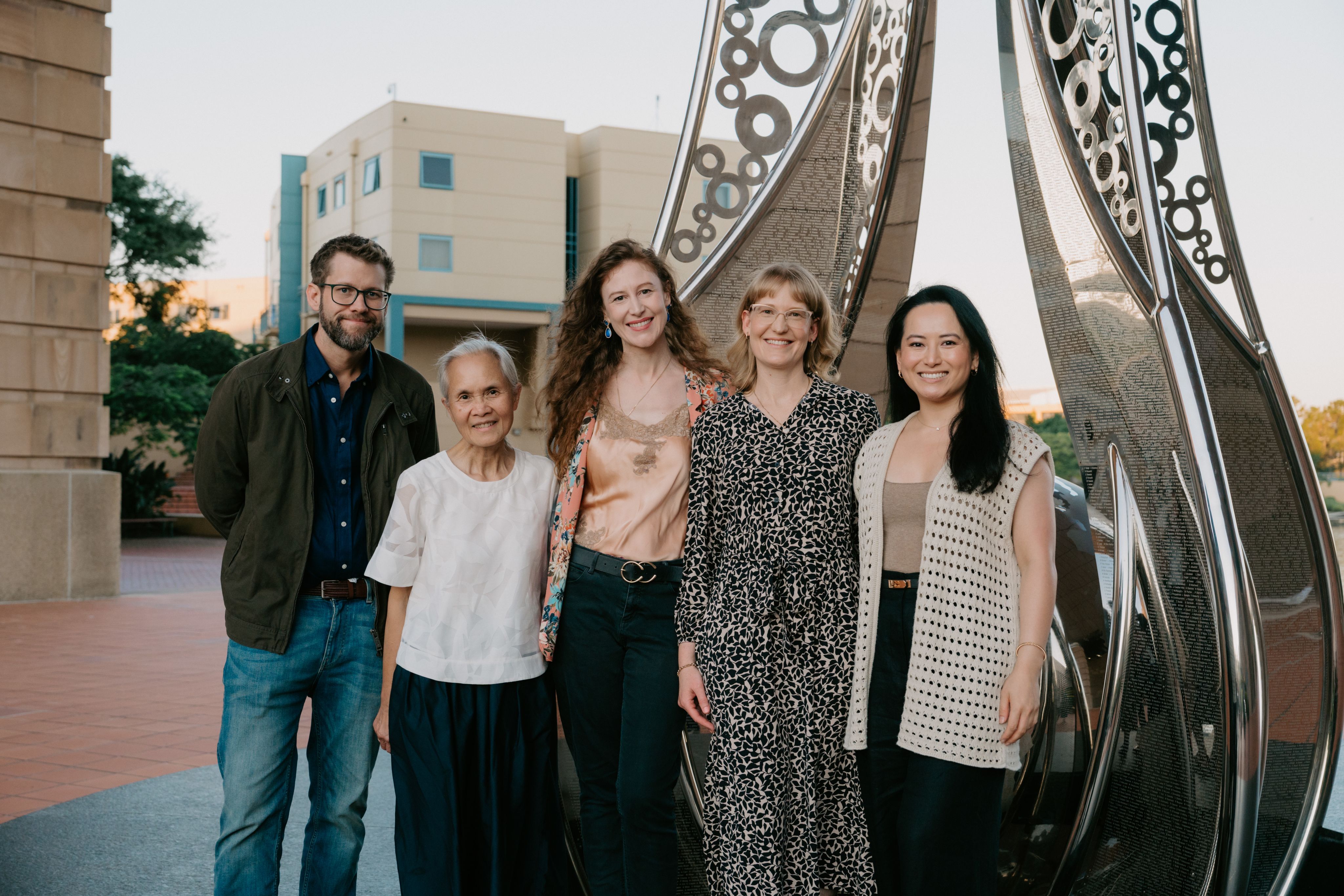
Now 69, Ha recently returned to Bond University where, 20 years ago, she set about fulfilling her long-held ambition to become a doctor. Reuniting with four other Bondies from the Class of 2005 – Dr Laura Gordon, Dr Katya Groeneveld, Dr Selina Lim and Dr Charles Molloy – Ha stood out not only for her journey, but for the age at which it began. While her classmates were teenagers when they started their degrees, Ha was 50.
“It’s a long story," she says.
After the Fall of Saigon, and with hundreds of thousands of her countrymen fleeing the new communist regime, it became clear Ha would not be able to return to Vietnam. She switched from studying engineering to medical science, intending to eventually transition to medicine.
Ha after graduating from her first degree.
Ha after graduating from her first degree.
But with her parents and siblings in Vietnam struggling in the aftermath of the war, Ha needed to earn an income. After graduating she became a nurse to support them. She would eventually be reunited with her family, with her brothers and sister arriving in Australia as refugees, followed by their parents.
“It might be difficult to understand today but in Vietnam at that time, family took precedence over other plans,” Ha says.
Yet she never gave up studying.
Working as a nurse.
Working as a nurse.
She trained as a nurse midwife in the early 1980s and graduated with a Master of Nursing from RMIT in 2001. But as the years passed, her plan to become a doctor began to fade.
“I got to 50 and decided, that's it, too late now,” Ha says.
Then came an unexpected turning point: a visit to Melbourne by the late Professor Chris Del Mar, the inaugural Dean of the Bond University medical school. Professor Del Mar was scouting for the university’s first medical students – the Class of 2005.
“He encouraged me to put in an application and less than a week later I got a telephone call to say come for an interview,” Ha says. “And then the following week I was in.”
Studying as a mature-age student had its ups and downs.
“The positive part was I had maturity and, I would say, wisdom,” she says. “And the other side is, you sort of feel a bit too old for this.”
In the years after graduating from Bond, Ha became a GP in Melbourne and even worked in Timor Leste, a country grappling with the aftermath of conflict much like Vietnam did in the 1970s.
“I worked in a rural area with no roads and no pathology or radiology services, and the medication was limited and out of date.”
These days, Dr Tran works at North Richmond Community Health and has no plans to retire anytime soon. She also works pro bono at the Cabrini Asylum Seeker and Refugee Health Hub.
“I love the opportunity to get to know the patients and their families and listen to their stories,” she says.
Though her journey was delayed, it was at Bond University that Ha finally achieved her goal, and she looks back on her time there with pride.
“It was very special to be in the inaugural cohort,” Ha says. “Professor Del Mar was really proud of us and cared for us in every way possible. The small class sizes meant the students and teachers really got to know each other. I’m glad I never stopped studying.”
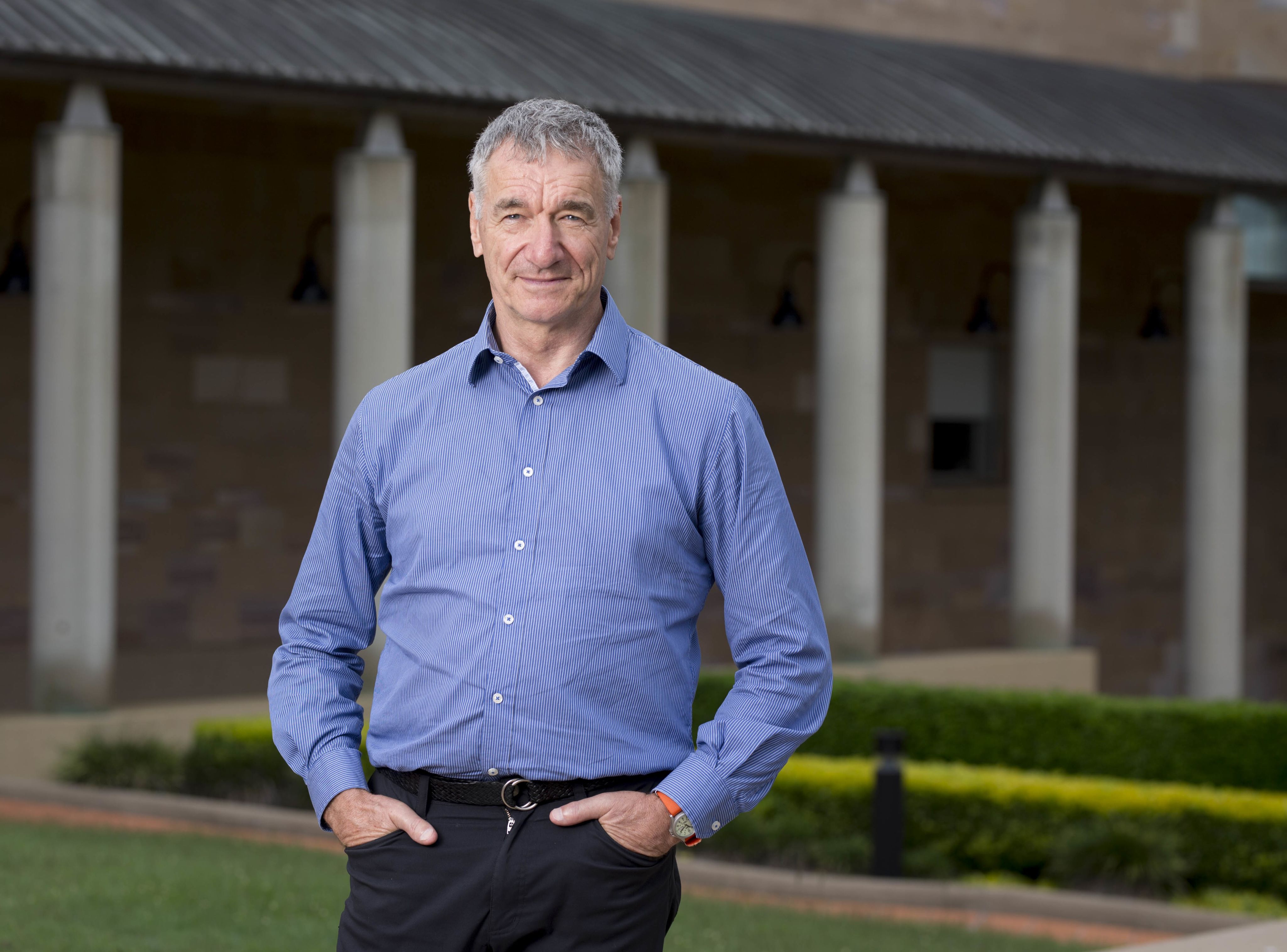
Bond University Medical Program milestones
2004: The Australian Medical Council approves Bond University’s proposal to offer a medical degree. Professor Chris Del Mar, a leading figure in evidence-based medicine, is appointed inaugural Dean of the medical school.
2005: The inaugural medical cohort, the Class of 2005, begins on May 16. More than 300 applicants competed for 72 places.
2006: In January, Queensland Premier Peter Beattie visits Bond and announces a $4.5 million capital grant for the Medical School. In April, Prime Minister John Howard officially opens the new Health Sciences & Medicine Building.
2009: The inaugural Medical Program cohort, the Class of 2005, graduates. The valedictorian is Dr Madeleine Spooner.
2013: The first international placement for Bond medical students begins in Kirakira in the Solomon Islands. This award-winning program has since expanded to multiple regions, providing multidisciplinary health services.
2016: Myora Kruger becomes the inaugural recipient of the First Nations Medical Scholarship. The Medical Program transitions from a double undergraduate degree to a sequential Bachelor of Medical Studies (BMedSt) plus Doctor of Medicine (MD) curriculum.
2018: The Bond Medical Program becomes the first in Australia to include Emotional Intelligence testing in its student selection process.
2020: Dr Myora Stone and Dr Brioney Keats (pictured) become the program’s first Australian First Nations graduates.
2021: The Australian Medical Council approves an additional annual intake of students each September. The Bond Medical Program celebrates its 1000th graduate.
2022: Launch of the Community Placements Program for MD students, enabling clinical rotations in diverse community health settings including correctional facilities, drug rehabilitation clinics, Indigenous and public health centres, and special schools.
2025: The Bond Medical Program celebrates its 20th anniversary.
Published on Wednesday, 18 June, 2025.
Original thinking direct to your inbox

Stories from Bond
